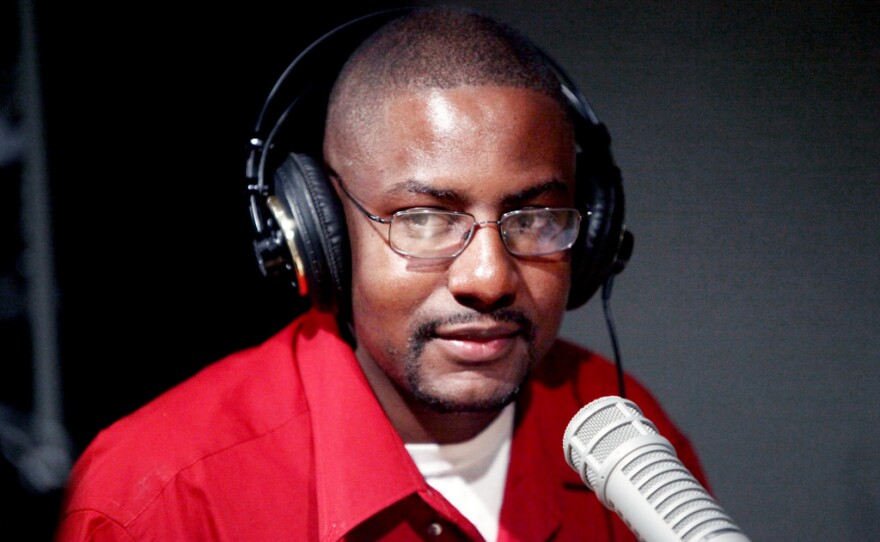
President Obama announced a five-year, $200 million initiative to help young black men succeed. It's called "My Brother's Keeper," and aims to work with non-profits and foundations to search for solutions to the problems of young black men. Leaders cite school and job readiness, discipline, and parenting as a few of the problems they'll tackle, but it's mostly the bone-crushing poverty and low expectations that hold them back.
This well-intended initiative put forth to help young black men succeed will help a few beat the odds at the expense of the masses. The success feels good but may not change much.
President Obama says that black men need to take more responsibility for their plight. But, the boot-straps mentality is no match against centuries of discriminatory public policy resulting in today's overwhelming gap in wealth between blacks and whites.
This hour is well summed up by the Ford Foundation:
A growing body of research has shown that young men of color face significant barriers that make their paths to adulthood especially challenging. They are more likely to grow up in poverty, live in neighborhoods where they are exposed to violence, and attend schools that lack the basic resources that kids need in order to succeed. They have fewer summer job opportunities where they can learn the value of work. As a result of these interlocking trends, young men of color are more likely to drop out of school, grow up to be chronically unemployed, and live shorter, less healthy lives.
Why is this true; can we change it; and does it relate at all to Ta Nehisi Coates's essay on the case for reparations? In his landmark May 21 Atlantic article, "The Case for Reparations," Coates wrote that "until we reckon with our compounding moral debts, America will never be whole."
What moral debts? They go back to black enslavement and into 20th-century government policies that deprived blacks opportunities to accumulate wealth for themselves and future generations. The New Deal denied social security and unemployment benefits to mostly black domestics and farm workers, The GI Bill deprived them of the more manageable loans afforded to whites, and the Federal Housing Administration redlined them to the least desirable neighborhoods. Those are just a few. Can we really believe these acts are unrelated to the challenges of young black men today?
We talk with four black men who have beat the odds and who want to bring everyone else with them. One of our guests is Omar Downer, a graduate of the Connecticut Center for Arts and Technology in New Haven. ConnCAT worked with Purple States Production Company to bring you their work and Omar's story.
GUESTS:
- David Canton is an associate professor of history at Connecticut College
- Erik Clemons is the president and CEO of the Connecticut Center for Arts and Technology (ConnCAT) in New Haven
- Che Dawson is a school administrator and youth advocate in New Haven
- Omar Downer is a graduate of Connecticut Center for Arts and Technology (ConnCAT) and a phlebotomist at Yale New Haven Hospital










